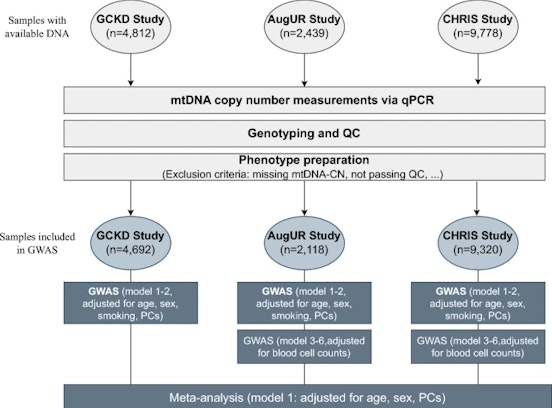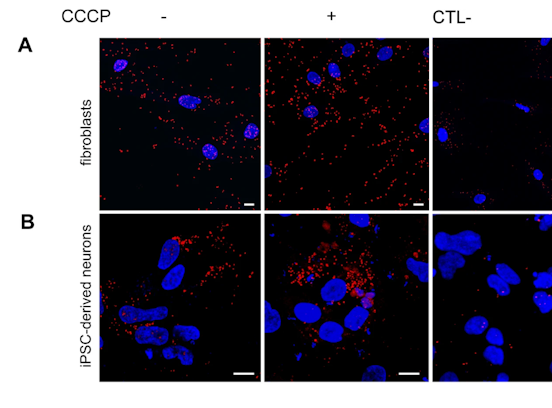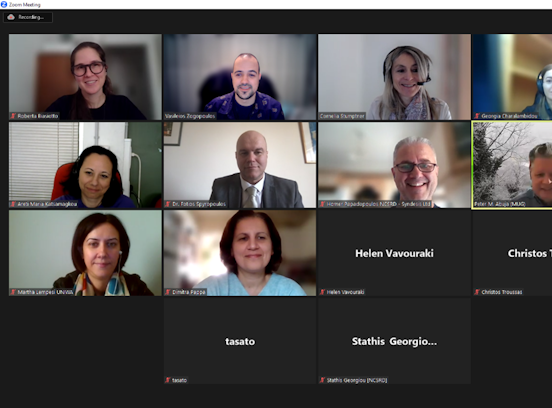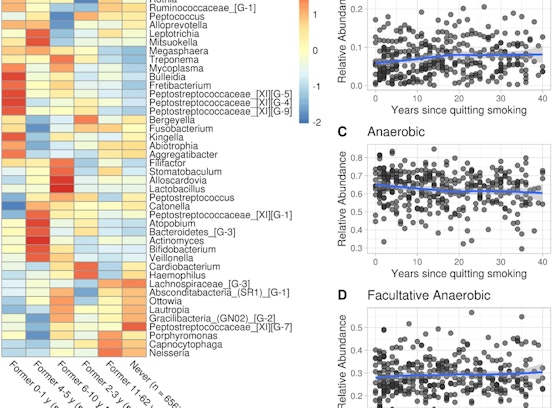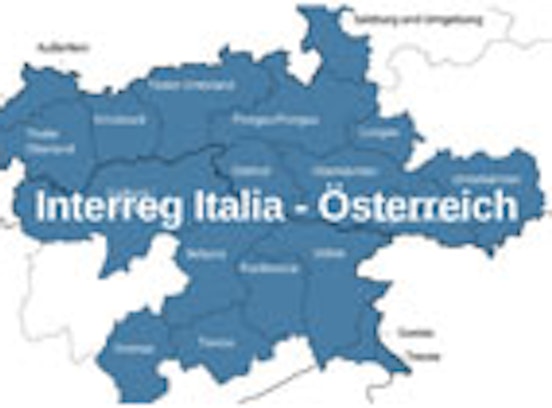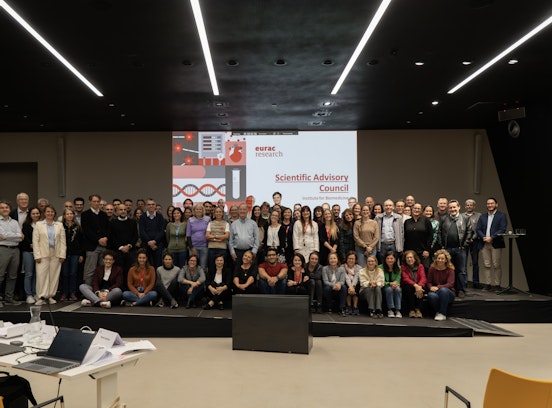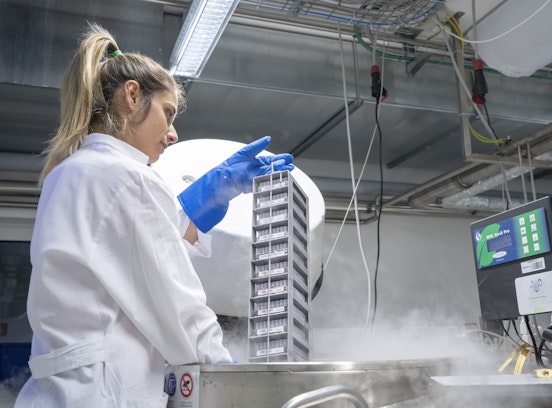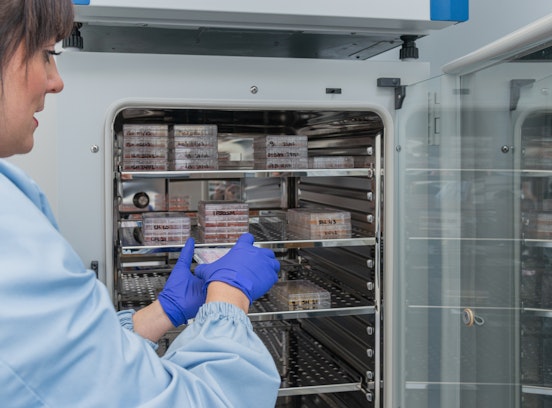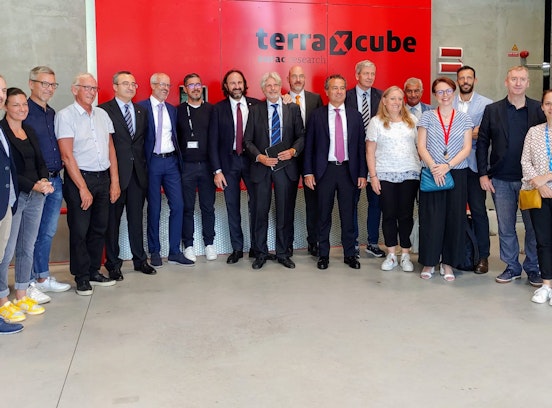Institute for Biomedicine - News & Events - Epigenetic reprogramming of cancer cells by a small chemical compound
Epigenetic reprogramming of cancer cells by a small chemical compound
An international team of scientists, recently published a study demonstrating the beneficial effects of a particular group of chemical compounds on the epigenetic landscape in a specific and aggressive type of cancer.
- English
An international team of scientists including our researchers from the Institute for Biomedicine recently published a study demonstrating the beneficial effects of a particular group of chemical compounds on the epigenetic landscape in a specific and aggressive type of cancer. Using a wide range of biochemical tests and sequencing techniques, the team characterized the change of gene expression and DNA modifications upon administration of a small chemical molecule, NKL54, and could identify a subset of active genes that correlates with better prognosis for patients with this type of cancer. Leiomyosarcoma is rare but aggressive type soft tissue cancer, which does not respond well to chemotherapy or radiation, currently leaving surgery as the most effective way of treatment. In the last two decades, small chemical compounds were developed that are capable of interfering with the epigenetic program, restoring expression of otherwise suppressed genes dedicated to cell death and/or cell repair mechanisms in cancer cells. Vorinostat is the first of these compounds that has been approved for medical use in 2006. It targets a class of genes, so-called histone deacetylases, that modify histones (protein complexes around which DNA is wrapped) to make DNA less accessible, resulting in the loss of gene transcription at these locations.
In the present study the authors investigated the effect of a compound called NKL54, which is representative for a group of chemically similar molecules known to throttle histone deacetylase activity. NKL54 was shown to induce cell death in a leiomyosarcoma cell line in the laboratory, evidencing its potential to act on this type of cancer. Further experiments provided insights on the way of interaction between NKL54 and the complex between DNA-binding transcription factors (MEF2 proteins) and histone deacetylases that ultimately perform the undesired modifications on nearby histones. Contrary to the current scientific opinion, it could be ruled out that NKL54 interferes directly in the formation of the MEF2/histone deacetylase complex. Next generation sequencing analyses carried out by bioinformaticians of the Institute for Biomedicine characterized genes that exhibited altered gene expression patterns upon exposure of NKL54 to the leiomyosarcoma cell line. This gave rise to a small set of genes that, if highly expressed in leiomyosarcoma patients, correlates with significantly prolonged survival time, rendering them an interesting subject for follow up studies by other scientists. Specialized, epigenome-oriented high throughput sequencing allowed bioinformaticians in the lead partner’s laboratory in Udine to conclude that NKL54 leads to reprogramming repressors to become activators, therefore restoring part of the epigenetic program in leiomyosarcoma cell lines. Prof. Claudio Brancolini, project leader from the Università degli Studi di Udine, underlines the significance of this study: “By characterizing the epigenetic impact of NKL54, we obtained important insights that allow for potentially new clinical applications. Thanks to the European Union Interreg project, we were able to realize this study by putting together different skills from multiple locations and countries.”
The study was co-financed through the EU project EPIC “Epigenetics of Immunity in Cancer”, which started in September 2019 and is funded by the Interreg V-A Italia-Österreich program until the end of 2022.
The study was published in the prestigious scientific journal Nucleic Acids Research on 21.03.2022. The full article is available at this link: https://doi.org/10.1093/nar/gkac081
